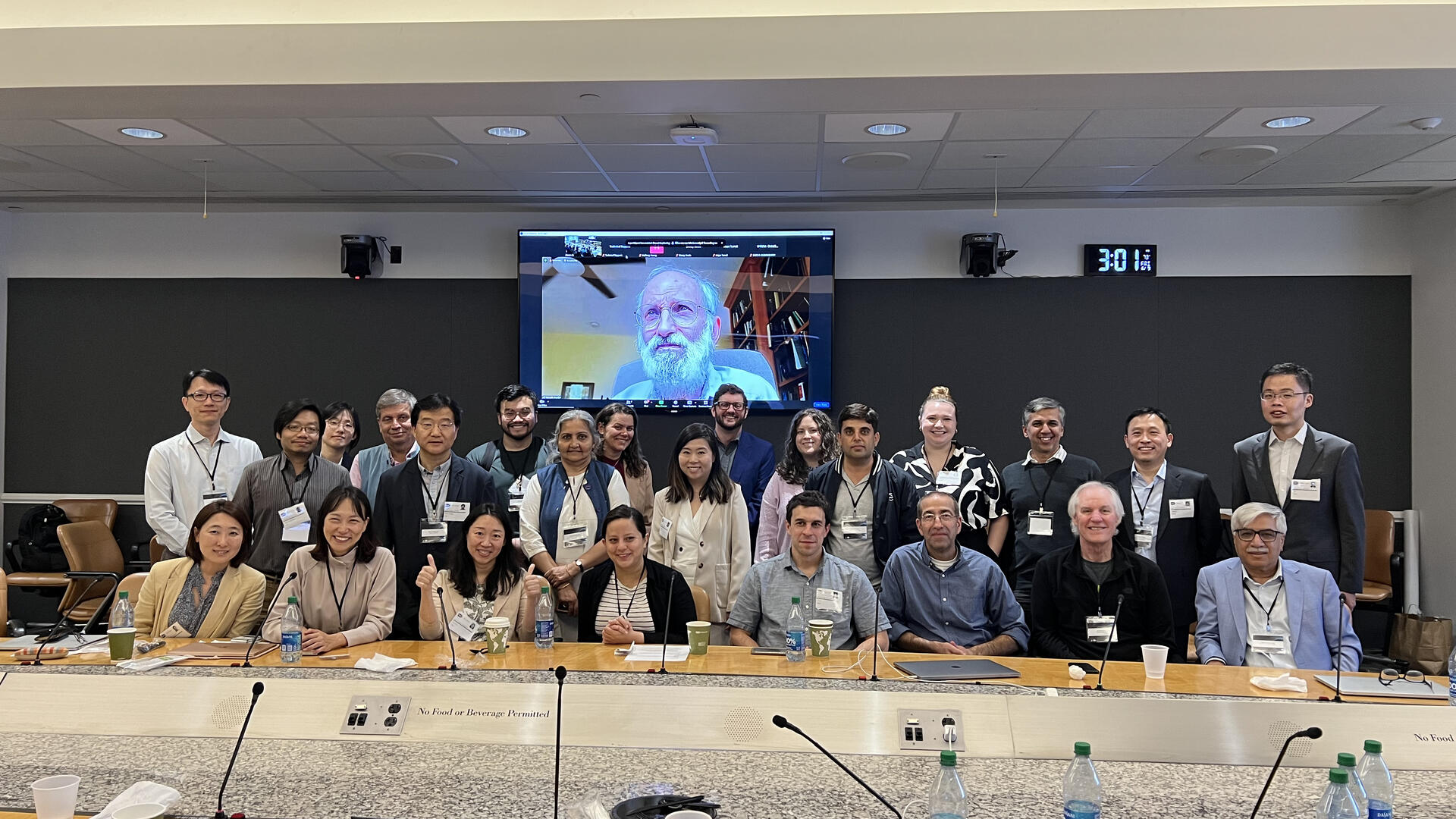Global Community
Asian Bipolar Genetics Network (A-BIG-NET) is a study to advance our understanding of the genetic basis of bipolar disorder in Asian populations. A-BIG-NET is a collaborative grant between Broad Institute, National Taiwan University, Virginia Commonwealth University, and Johns Hopkins University, with investigators from the United States, India, Pakistan, Singapore, South Korea, Taiwan, and Vietnam, many with prior collaborative experience, co-publication, and strong track records of large-scale psychiatric genetic research in Asian populations, funded through the Ancestral Population Network mechanism at the National Institute of Mental Health (NIMH). Our team also contains several of the field’s leaders in genetic field studies and analyses.
Our Team




![Vector Logo] Trường Đại Học Y Hà Nội - HMU - Download Định Dạng EPS, SVG Cho AI, Corel » Hải Triều](https://cdn.haitrieu.com/wp-content/uploads/2022/12/Logo-Truong-Dai-Hoc-Y-Ha-Noi.png)
